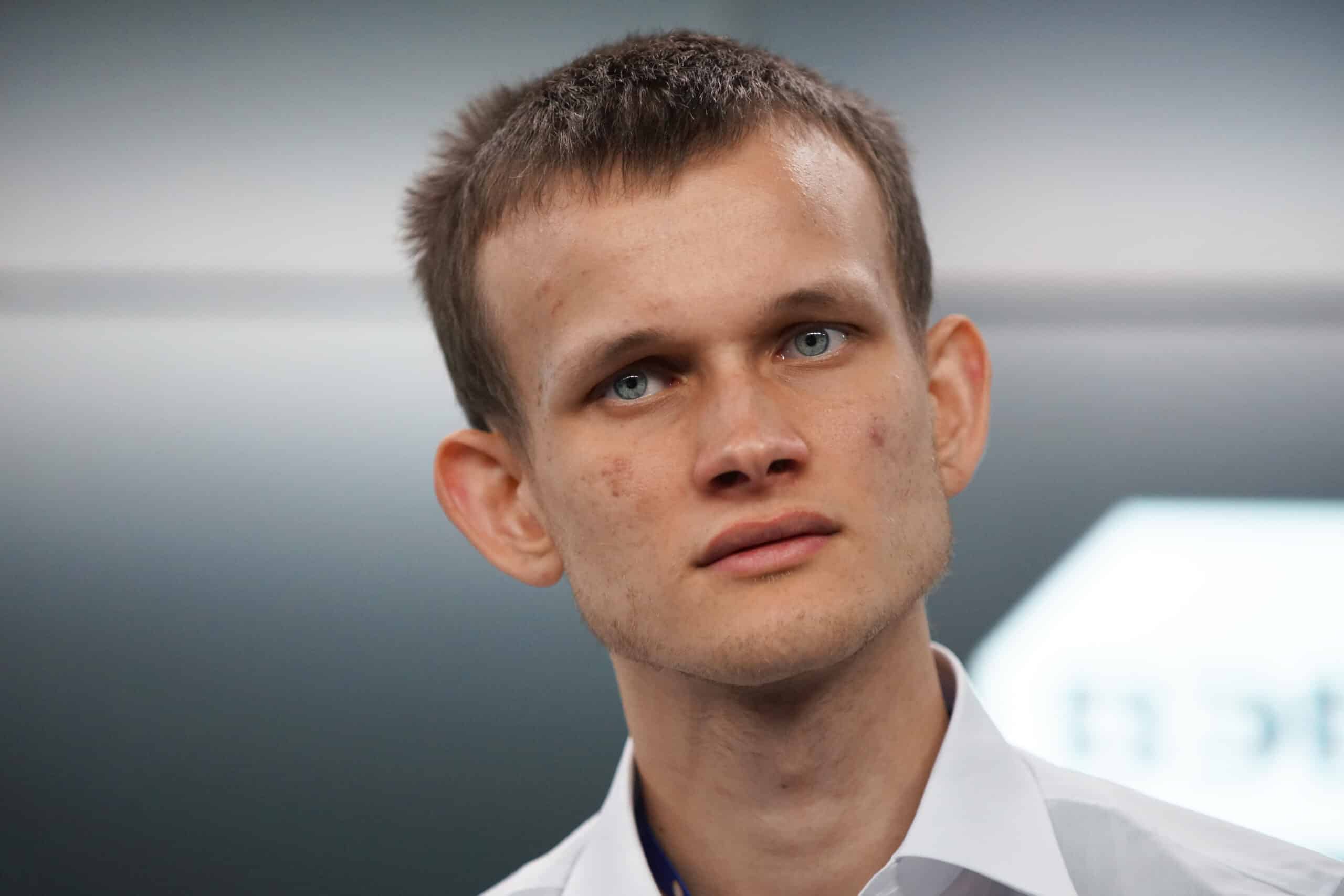In a new blog post on Wednesday, Ethereum co-founder Vitalik Buterin detailed a proposal for “enshrining” a zero-knowledge Ethereum Virtual Machine (ZK-EVM) into the Ethereum blockchain, in large part to improve the security and speed of verifying transactions.
Enshrining, in the context of development of the Ethereum blockchain, refers to the integration of a new feature directly into the fundamental code of the chain.
An enshrined ZK-EVM would seek to internalize the EVM verification methods currently used by layer 2 solutions, such as optimistic and ZK-rollups. These solutions have typically relied on large external codebases, which may present security vulnerabilities. Buterin’s proposal aims to address this by bringing the verification process under the Ethereum protocol’s governance and update mechanisms.
Read more: Ethereum Virtual Machine Chain Inscriptions Gain Traction, Dominating Polygon Transactions
Buterin outlines several technical considerations and challenges associated with implementing the ZK-EVM. Technical considerations include ensuring data availability, supporting various types of EVMs, and the need for adaptability and upgradeability.
“What key properties do we want out of ZK-EVM implementations?” Buterin asked rhetorically. “The most important property, in addition to basic guarantees of correct functionality and security, is speed.”
Ongoing Roles for Layer 2s
Buterin notes that the setup of Layer 2s is “suboptimal,” since they replicate functionality already available on Ethereum, where Ethereum governance is already responsible for making upgrades and fixing bugs.
However, he still sees ongoing roles that Layer 2 solutions could play in the Ethereum ecosystem. Those roles might include providing fast pre-confirmation activities for before a block is confirmed and helping to mitigate the negatives of maximal extractable value (MEV), which is the maximum amount of value a miner can make by manipulating the order of transactions when a block is being made.
Read more: Ethereum Devs Aim to Activate Dencun in January 2024
Buterin also said that Layer 2s are good at attracting users and are compensated for this popularity by capturing MEV and congestion fees in their network, which would all continue to happen.



